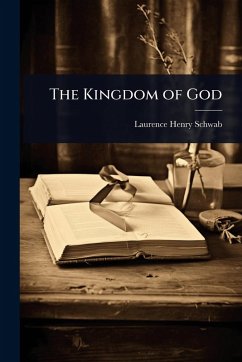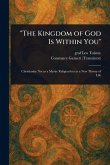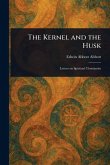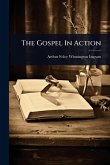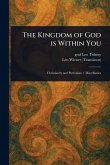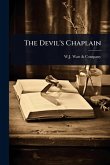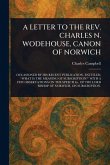"The Kingdom of God: An Essay in Theology," by Laurence Henry Schwab, explores theological concepts of the Kingdom of God, with particular emphasis on its ethical implications. Written in 1897, this work reflects late 19th-century theological thought and engages with prevailing discussions on religion and society. Schwab delves into the meaning of the Kingdom of God as presented in Christian scripture and tradition, offering insights into its relevance for individual and collective life. This essay provides valuable insights into the historical development of Christian theology and its application to ethical considerations, making it a relevant resource for students and scholars interested in the intersection of faith and social responsibility. This work has been selected by scholars as being culturally important, and is part of the knowledge base of civilization as we know it. This work was reproduced from the original artifact, and remains as true to the original work as possible. Therefore, you will see the original copyright references, library stamps (as most of these works have been housed in our most important libraries around the world), and other notations in the work. This work is in the public domain in the United States of America, and possibly other nations. Within the United States, you may freely copy and distribute this work, as no entity (individual or corporate) has a copyright on the body of the work. As a reproduction of a historical artifact, this work may contain missing or blurred pages, poor pictures, errant marks, etc. Scholars believe, and we concur, that this work is important enough to be preserved, reproduced, and made generally available to the public. We appreciate your support of the preservation process, and thank you for being an important part of keeping this knowledge alive and relevant.
Bitte wählen Sie Ihr Anliegen aus.
Rechnungen
Retourenschein anfordern
Bestellstatus
Storno

